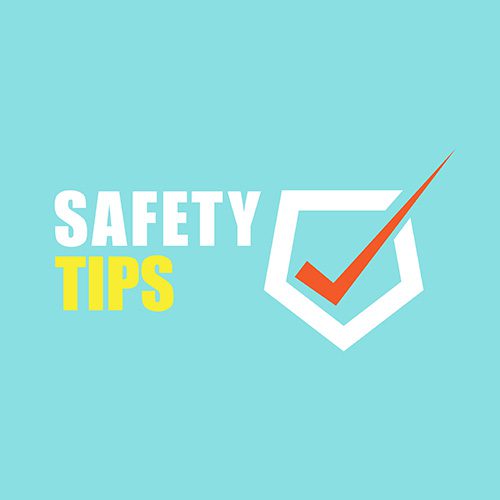Greenwood, AR HVAC Professional Shares Tips on Backup Power Generator Safety
Posted in: Industry News
BACKUP POWER GENERATOR SAFETY TIPS
Carbon monoxide (CO) poisoning, injuries from close calls, and burns are all too common during power outages and storms when generators are misused. However, according to the Consumer Product Safety Commission studies, CO poisoning is the most severe issue. Carbon monoxide, a colorless, odorless, tasteless gas, can be lethal in high concentrations from portable generators.
 Whether you buy a new generator that meets these new safety criteria or use an older type that doesn’t have an auto cutoff, we recommend that you follow the safety recommendations below.
Whether you buy a new generator that meets these new safety criteria or use an older type that doesn’t have an auto cutoff, we recommend that you follow the safety recommendations below.
Generator Safety Recommendations
Never use a generator inside or in a confined location. CO poisoning from generators operated indoors or in partially enclosed rooms is the most common cause of generator-related injuries and deaths. It includes areas such as the basement or garage, which can trap dangerous levels of carbon monoxide. Keep the generator at least 20 feet away from the house, route the exhaust away from windows and doors.
In the rain, don’t use a portable generator. Generator tents, which keep them shielded but well ventilated, are available online and in-home centers and hardware stores.
Turn off a gas-powered generator and let it cool before refueling. Spilled gasoline on hot engine parts has the potential to ignite. At the same time, they are refilling, allowing the engine to cool decreases the chance of burns.
Stock up on extra gasoline and keep it safely stored. You’ll want extra fuel on hand if you anticipate you’ll be using the generator for an extended period. Keep gas in an ANSI-approved container in a cold, well-ventilated location. If you add a stabilizer to the gas in the can, it will last longer but keep it away from any potential heat or fire sources within the house.
Invest in a generator with built-in CO protection. Many contemporary generators come equipped with a technology that detects harmful amounts of carbon monoxide and shuts down the machine if the levels become too high. CR checks for this safety feature and now only recommends generators that have this possibly life-saving function. Should avoid electrical risks. If you don’t have a transfer switch, you can utilize the generator’s outlets if you take the following precautions: It’s recommended to connect appliances to the generator directly. If you must use an extension cord, make sure it’s a heavy-duty one designed for outdoor usage and rated at least as high as the sum of the linked appliance loads (in watts or amps). First, make sure the cord is clear of cuts and that the plug has all three prongs, which is necessary to avoid a shock if water has accumulated inside the device.
Back feeding your home is not a good idea. Back feeding is when you try to use your generator to power your home’s wiring by hooking it into a wall outlet. This careless and risky approach puts utility workers and neighbors served by the same electrical transformer at risk of electrocution. It also disables some of the built-in circuit safety systems in your home, putting your electronics at risk of being fried or causing an electrical fire.
Rice Heating and Air are a full-service HVAC Contractor headquartered in Alma, AR. The company specializes in air conditioning repair, AC installations, indoor air quality systems, heating repair, and furnace installations. Rice Heating and Air are focused on helping homeowners and businesses staying comfortable year-round. We are your comfort experts.
Call us today for any of your heating and cooling needs.
Return to: Greenwood, AR HVAC Professional Shares Tips on Backup Power Generator Safety
Social Web